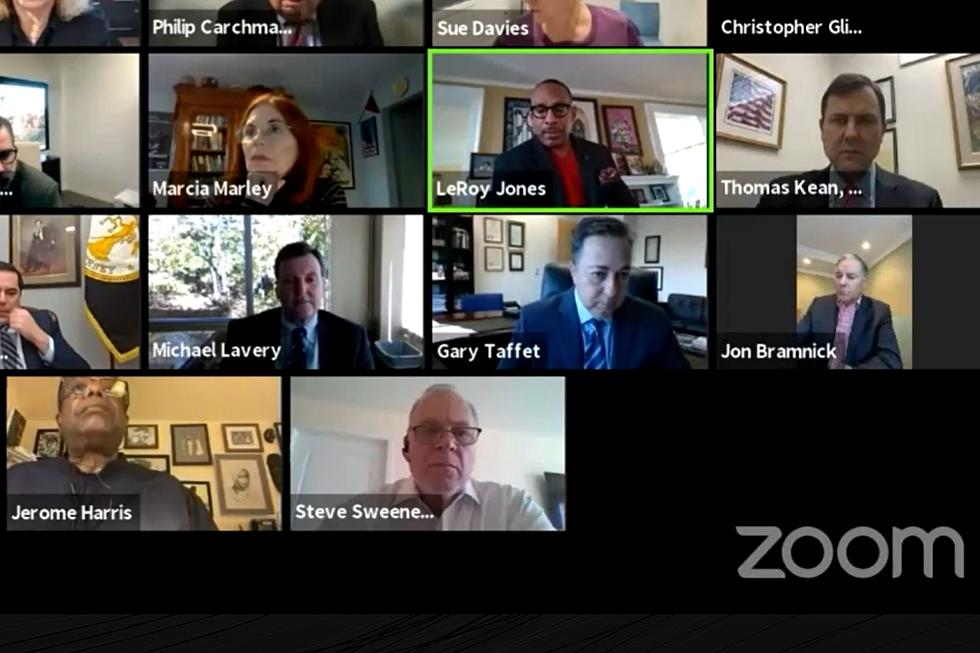
A new plan to help NJ college grads get in-demand skills
It’s not a new problem.
New Jersey families are spending a small fortune to send their kids to college, but when they graduate, many can’t even find a job.
Meanwhile, companies complain they can’t find employees with the right skill sets to be able to fill positions that are open and available.
A new collaboration is taking place in one part of South Jersey that supporters hope will be a game-changer.
Rowan University is working with Rowan College at Gloucester, along with the local business community, the state Department of Labor, the chamber of commerce and local vocational schools to create a partnership that focuses on developing educational programs that will give students the chance to get real-world in-demand skills.
The so-called Rowan Consortium is focusing on developing training in such fields as advanced manufacturing, financial services, transportation, health care, bio-pharma life sciences and tourism, so students can earn industry valued credentials and become employed in high–demand fields.
“It’s a collaborative way to keep the dream of higher education alive, and provide modern-day job skills,” said Fred Keating, the president of Rowan College at Gloucester County.
One component of the program calls for paid internships for students, and flexible “stop-out” points at the end of each academic year.
State Senate President Steve Sweeney is planning to introduce legislation to require other universities, community colleges, vo-tech schools and business and industry leaders to work together in their areas to develop similar types of bundled consortiums.
“It gives options to develop a workforce for the business community, but as an individual, I can go as far as I want or I can be satisfied where I’m at," he said.
He said he’ll develop a bill to require this kind of partnership, because many times, no one likes to cooperate.
“Everything comes hard. Everything comes with, 'Why are you doing this?' And we’re doing this because there’s a need,” he said. “The legislation is going to put a framework of collaboration. Not everything is perfect and exact, but it creates the framework for people to start talking and working with each other.”
Sweeney said we need to do this “because we have thousands of jobs that are going unfilled, a business community that needs trained employees, and we’re not talking to them.”
Rochelle Hendricks, the New Jersey secretary of higher education, said this kind of a collaboration has great merit.
“What this program does is ensure that New Jersey will be competitive going forward, by developing its workforce, so that it’s highly skilled,” she said.
Hendricks said the goal of her office is to have 65 percent of New Jerseyans holding some sort of post-secondary credential by 2025, and “it’s going to take this kind of brilliant collaboration, this kind of innovation, to ensure our workforce is ready and that our economy is competitive.”
She added this program makes a lot of sense because “it is visionary, it’s innovative, it’s cutting edge, it’s timely, it’s essential.”
Tom Bracken, the president of the New Jersey Chamber of Commerce, said often in New Jersey there’s a lot of talk and no action, but this idea is all about action “that is going to be transformational for the workplace and workforce development in New Jersey.”
He said having a qualified workforce is a top priority for Jersey businesses, "and this will allow a qualified workforce to be in place, to help the companies that are here expand and grow in the state, and that’s a huge step forward.”
You can contact reporter David Matthau at David.Matthau@townsquaremedia.com
More from New Jersey 101.5:
More From New Jersey 101.5 FM









